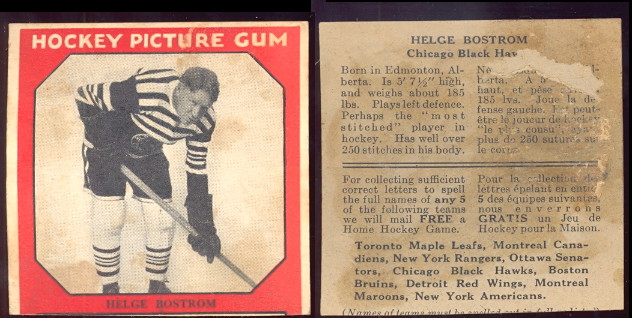seventieslord
Student Of The Game
Michal Rozsival, D

Roszival is also 35th in post lockout TOI/GP with 22:33/game. 4th among available players. And 1st among those who have played for teams that were above average. Career average: 21:30.
Roszival has averaged 22 adjESP/season and 12 adjPPP/season in his 700+ games. With 249 points he is among the three highest scoring defensemen of all-time available. he is a decent 2nd PP unit guy at the A level.
He has killed 38% of penalties for his teams in his career, and they've been 7% better than average.
Rozsival was New York's clear #1 defenseman for 4 straight seasons following the lockout, before playing one more as their clear #3 following the emergence of the Staal/Girardi juggernaut.

Roszival is also 35th in post lockout TOI/GP with 22:33/game. 4th among available players. And 1st among those who have played for teams that were above average. Career average: 21:30.
Roszival has averaged 22 adjESP/season and 12 adjPPP/season in his 700+ games. With 249 points he is among the three highest scoring defensemen of all-time available. he is a decent 2nd PP unit guy at the A level.
He has killed 38% of penalties for his teams in his career, and they've been 7% better than average.
Rozsival was New York's clear #1 defenseman for 4 straight seasons following the lockout, before playing one more as their clear #3 following the emergence of the Staal/Girardi juggernaut.
Sports Forecaster 2007 said:no one logged more ice time than Rozsival did last year. Thrown out there in all situations, he improved in every aspect of the game. He was more consistent, avoided injury, produced more offense and made great strides in his defensive work. His +35 was tops in the league. It appears all he needed was a comfort zone.
Sports Forecaster 2008 said:would not be a #1 on many teams, but he wears that hat pretty well with the Rangers. Led the club in ice time again and plays in all situations. Should continue to thrive under a heavy workload...
Sports Forecaster 2009 said:one of the more underrated defenders in the game, Rozsival plays in all critical situations and does everything asked of a top-pairing defenseman. Cracked the top 30 in ice time, points and blocked shots, all while mentoring rookie Marc Staal. Big Czech is quite durable, missing only 4 games since the lockout.
Sports Forecaster 2012 said:points went down, but the hits and blocked shots skyrocketed, showing he can adapt to any system.






















 Parker turned down the Boston Bruins' coaching job. He had declined the job once before, in 1991, but he admits that he gave the more recent offer serious thought until he was visited by a former Terrier, Kaj Linna of Finland. "I realized how much I enjoy the relationship I have with former players, the guy who is 35 years old now," Parker says. "It's a bond we have, and it would be hard to leave the friends I've made here."
Parker turned down the Boston Bruins' coaching job. He had declined the job once before, in 1991, but he admits that he gave the more recent offer serious thought until he was visited by a former Terrier, Kaj Linna of Finland. "I realized how much I enjoy the relationship I have with former players, the guy who is 35 years old now," Parker says. "It's a bond we have, and it would be hard to leave the friends I've made here."